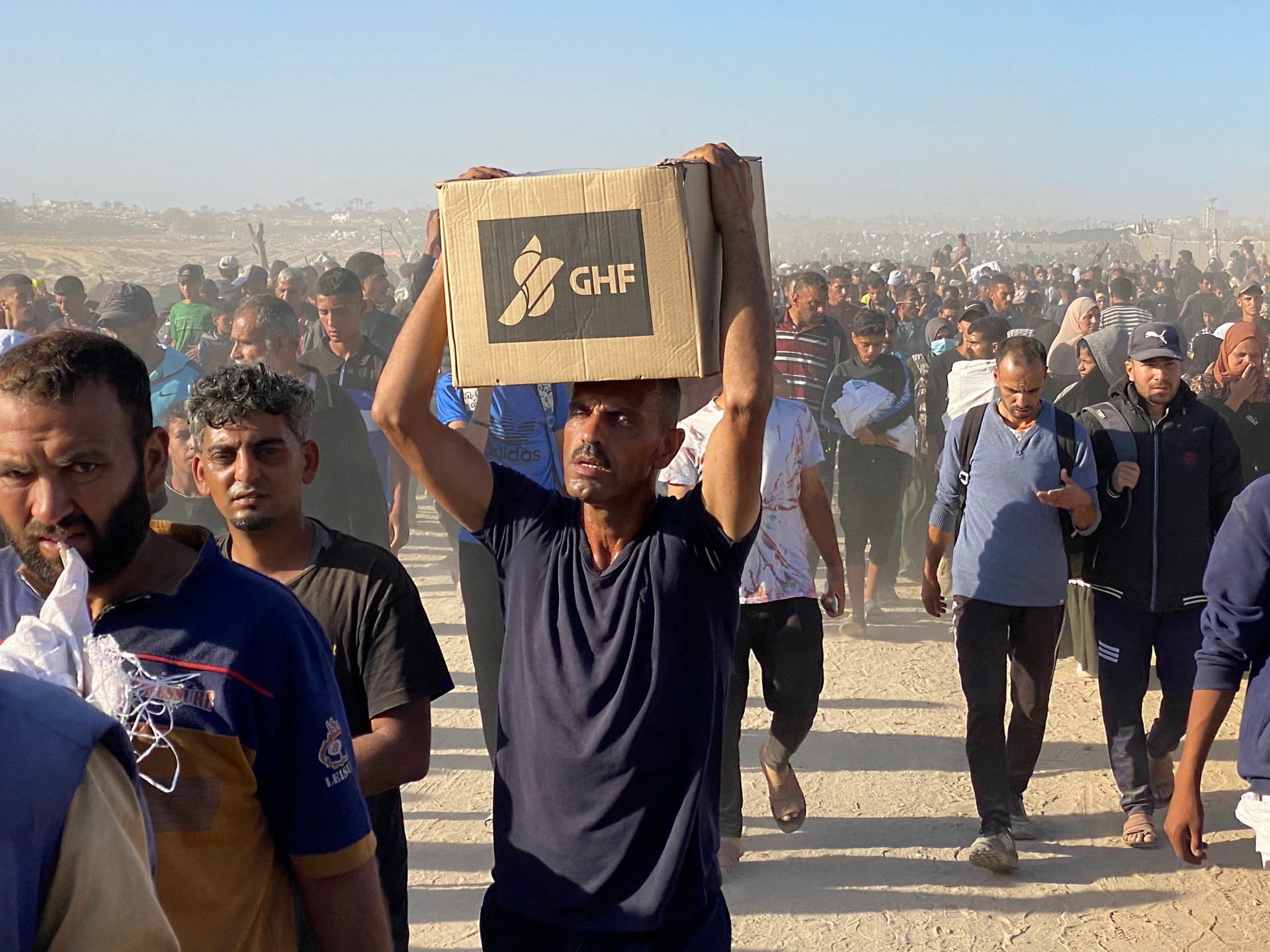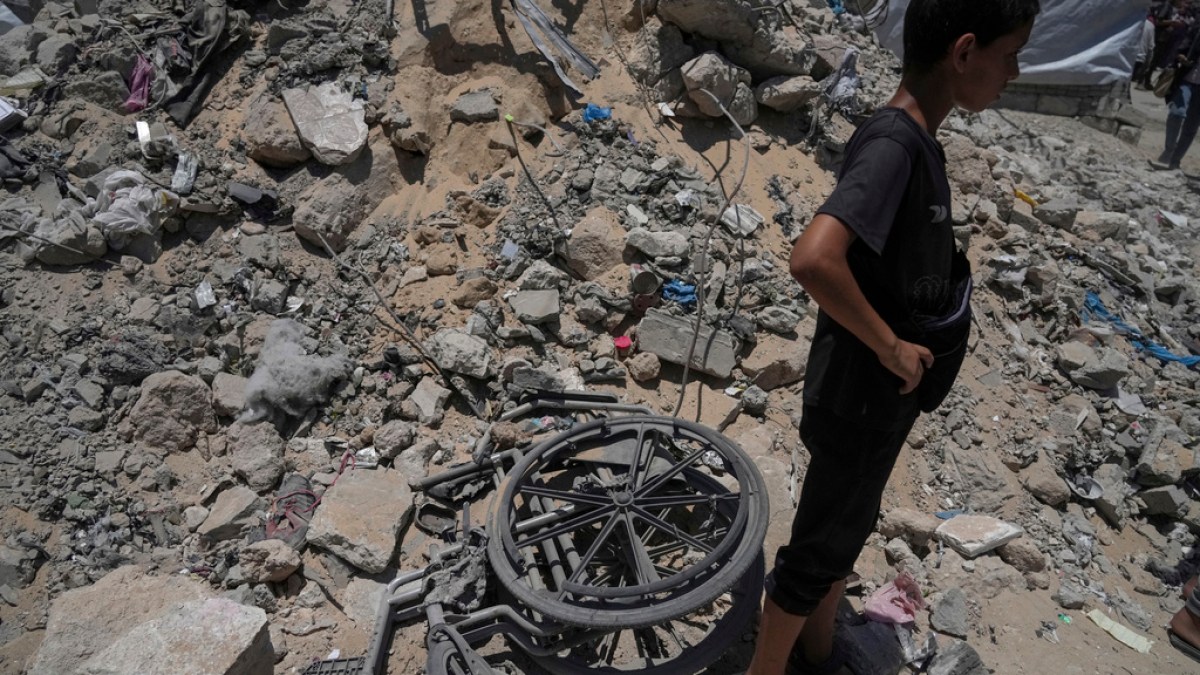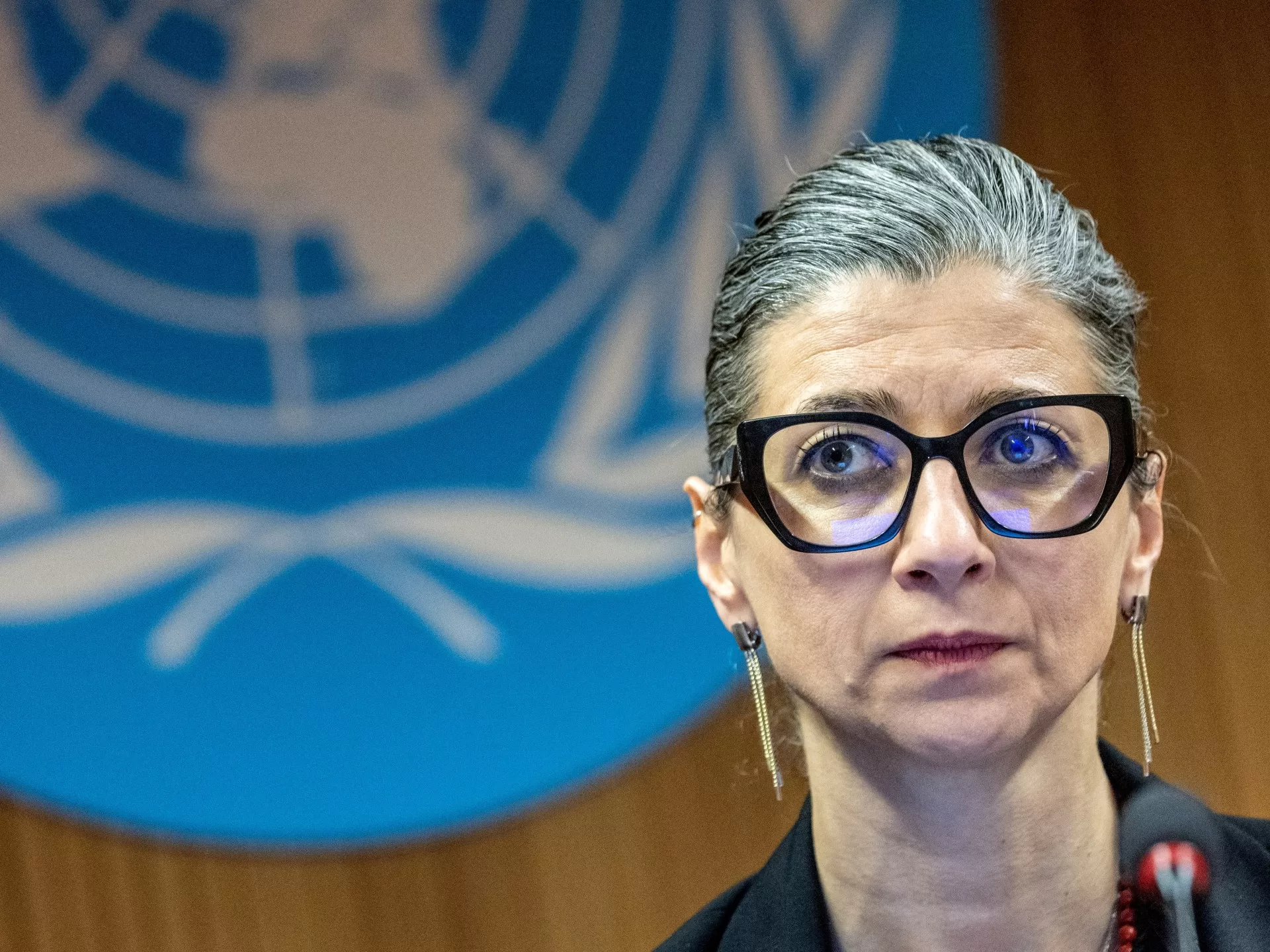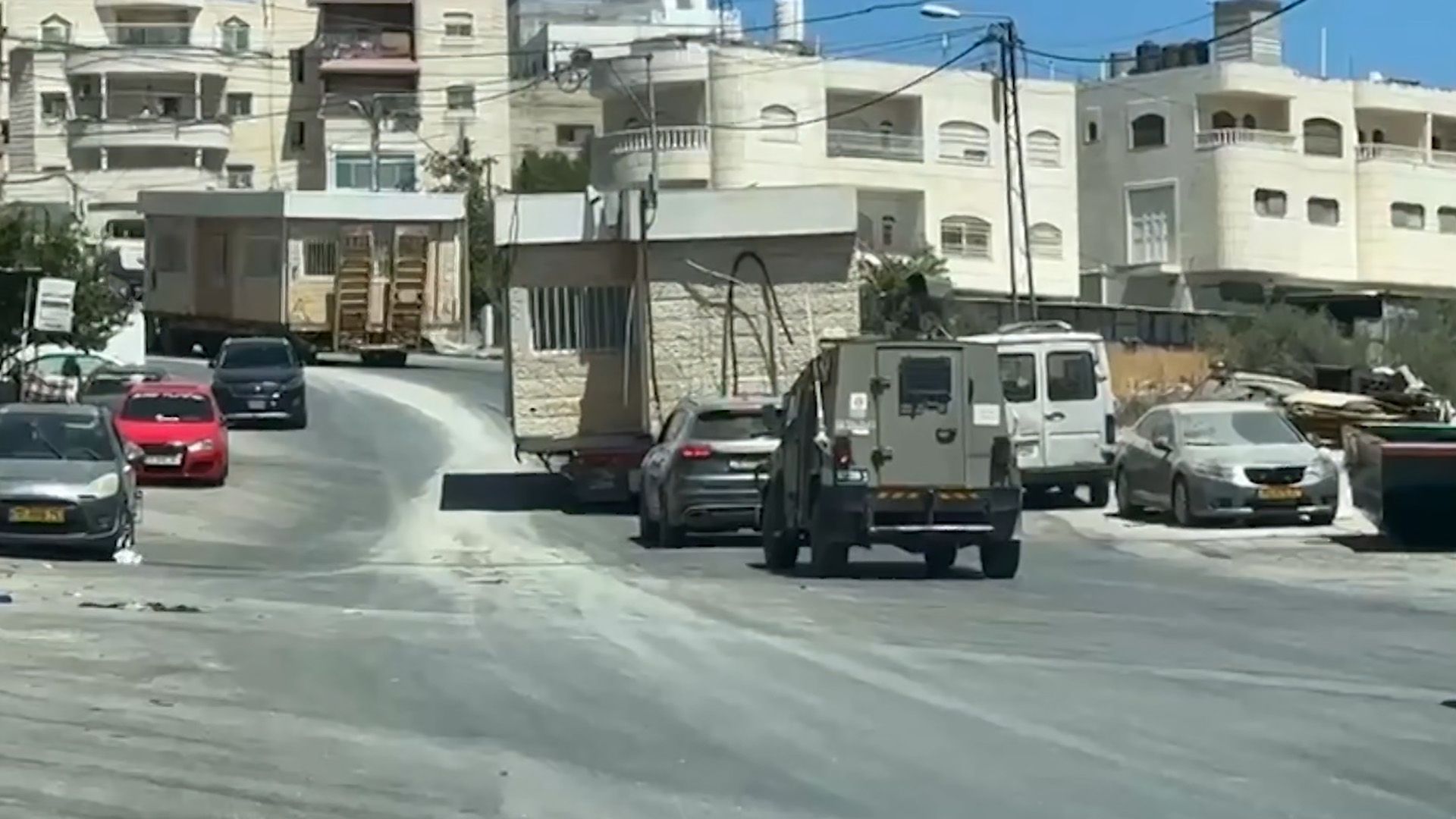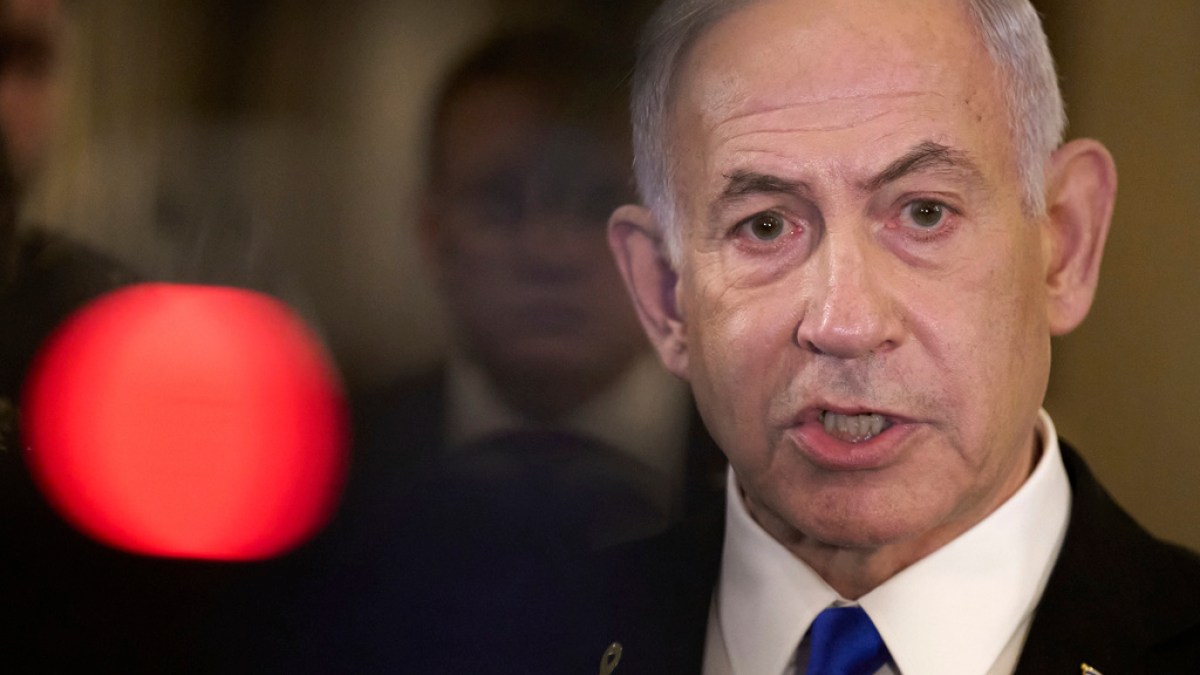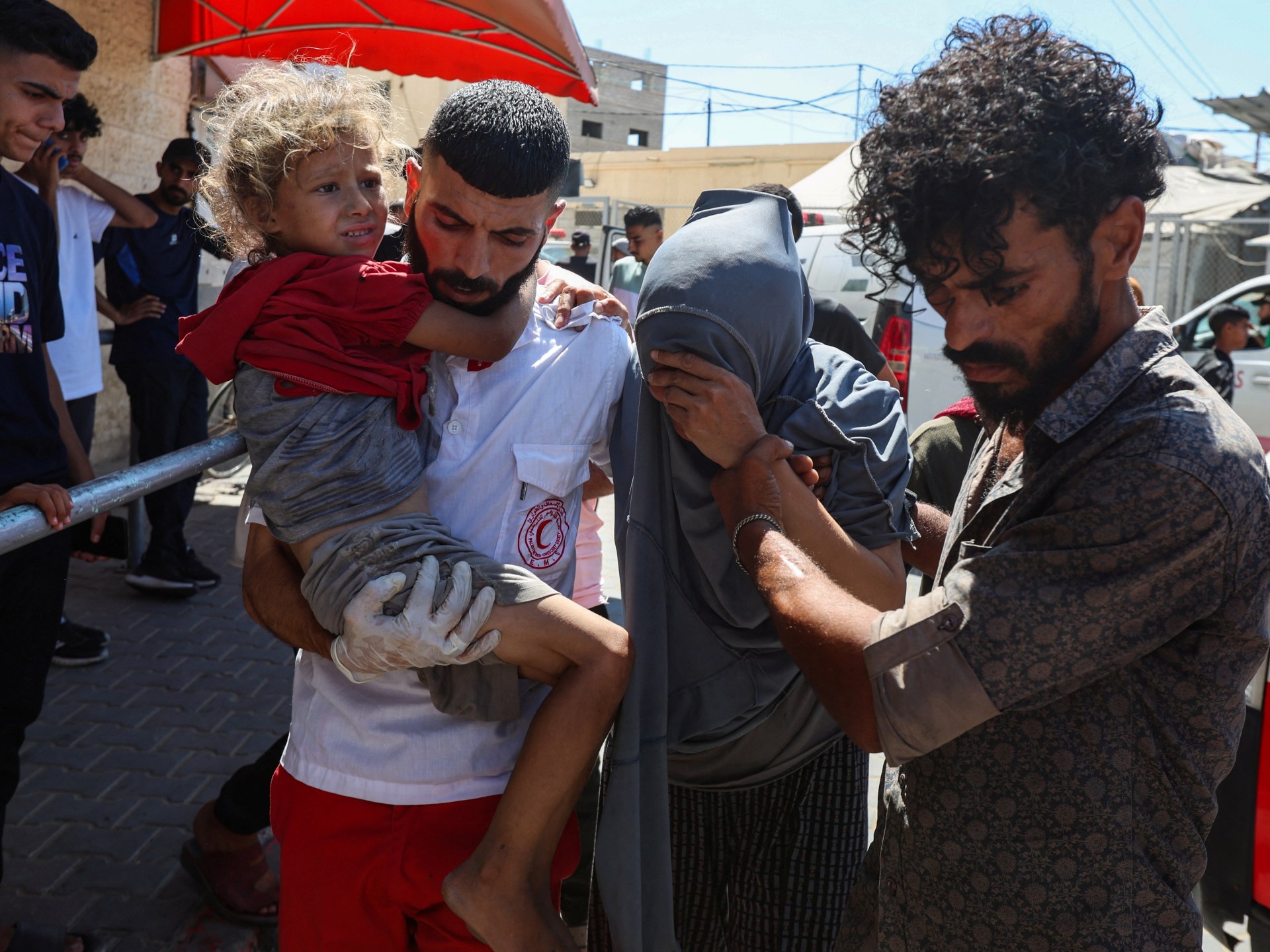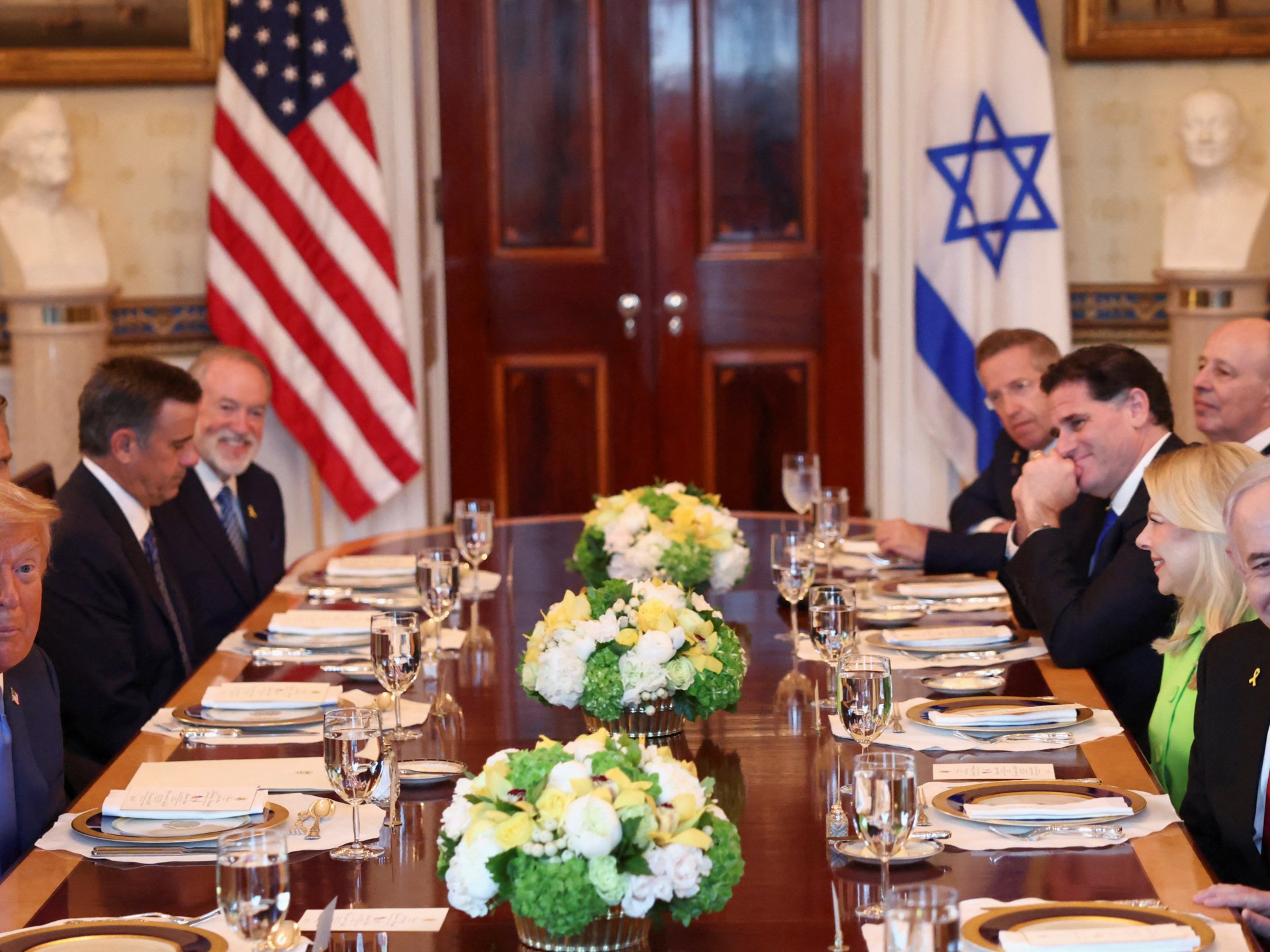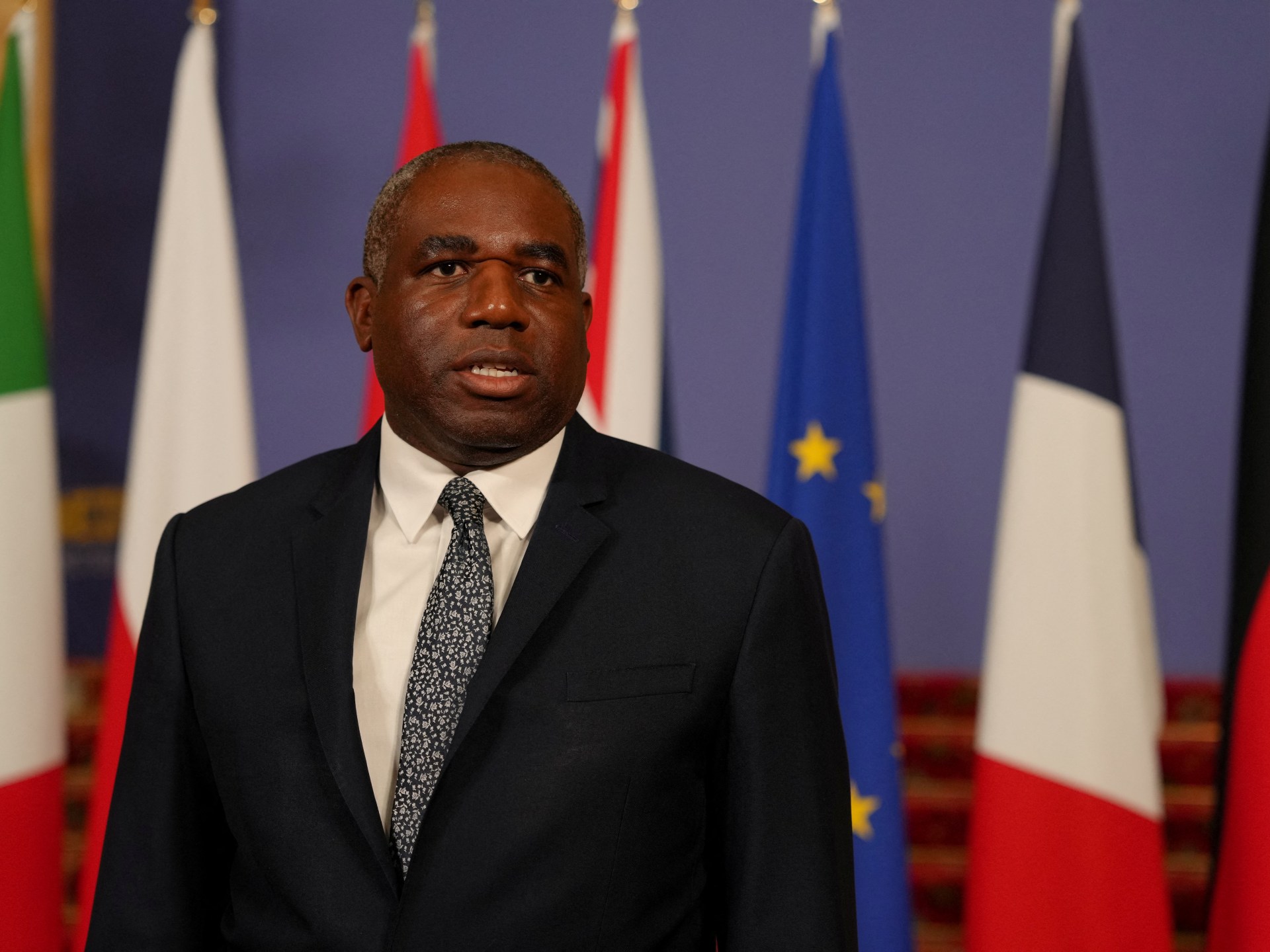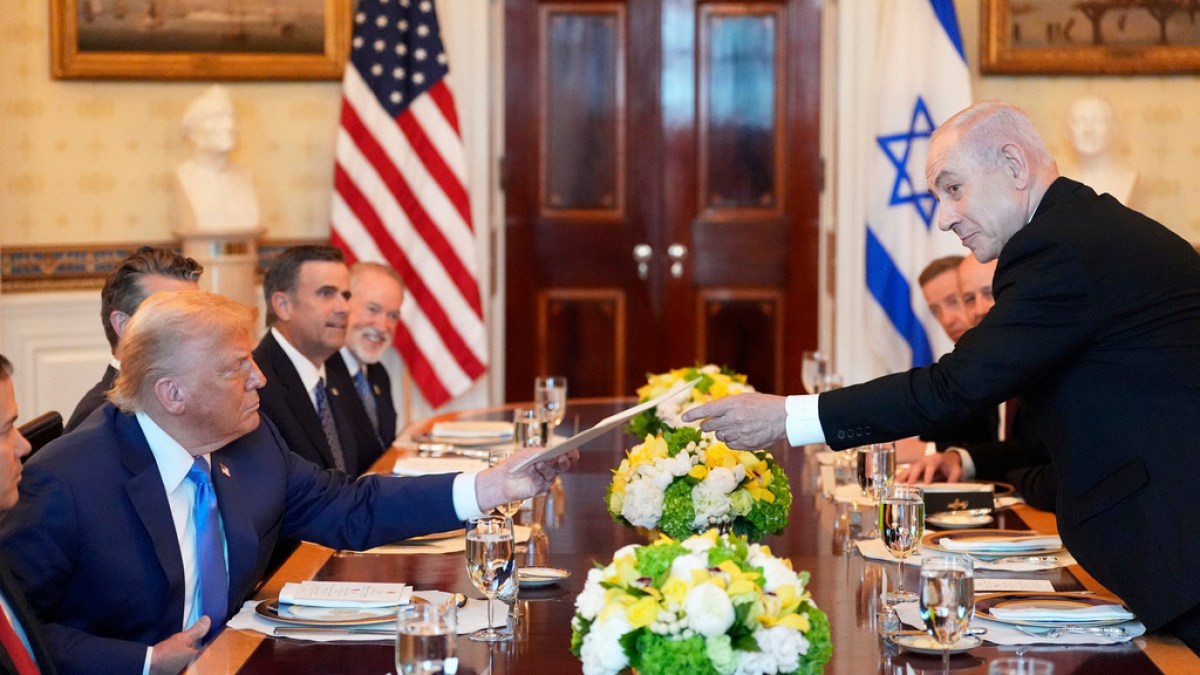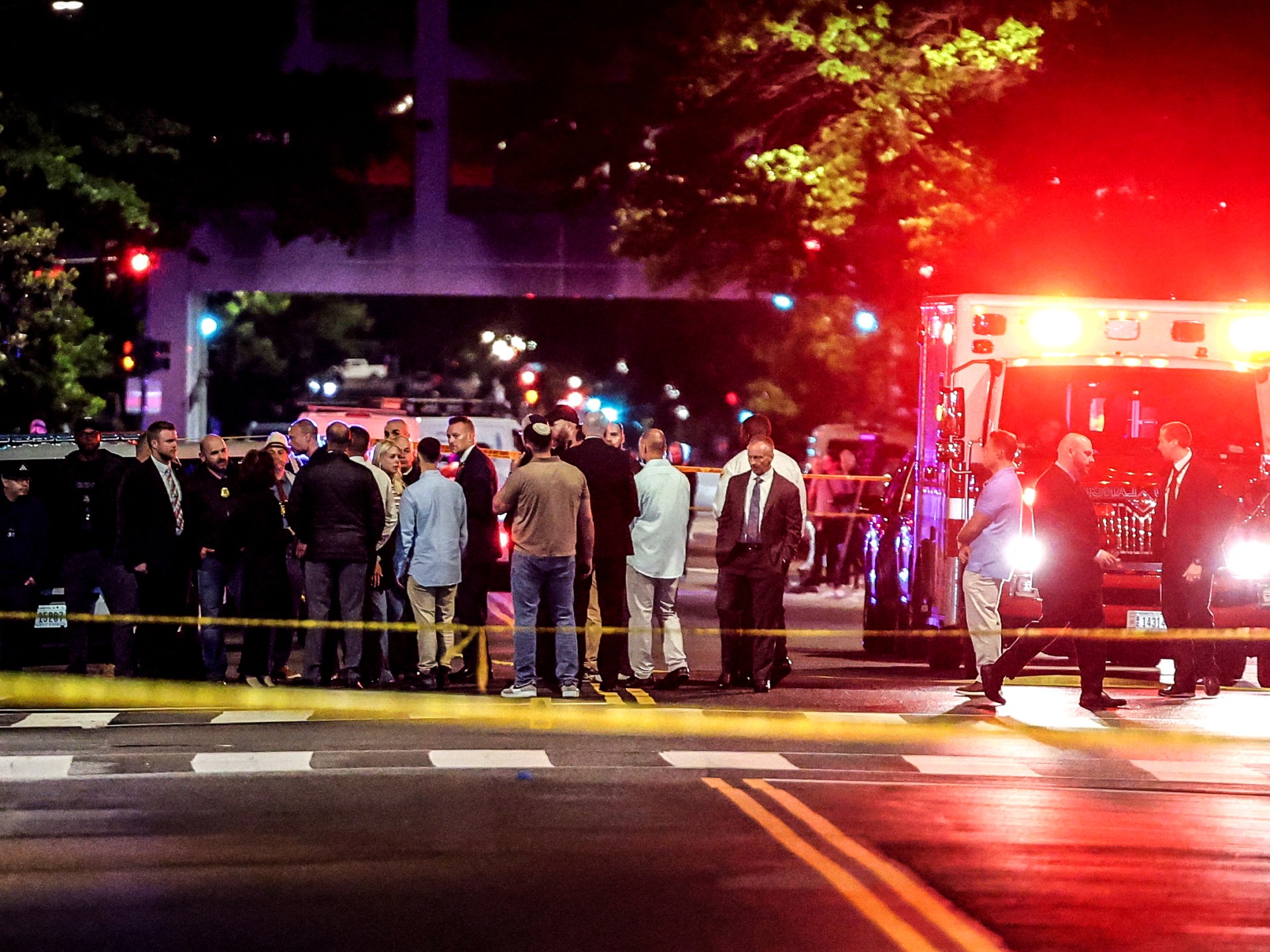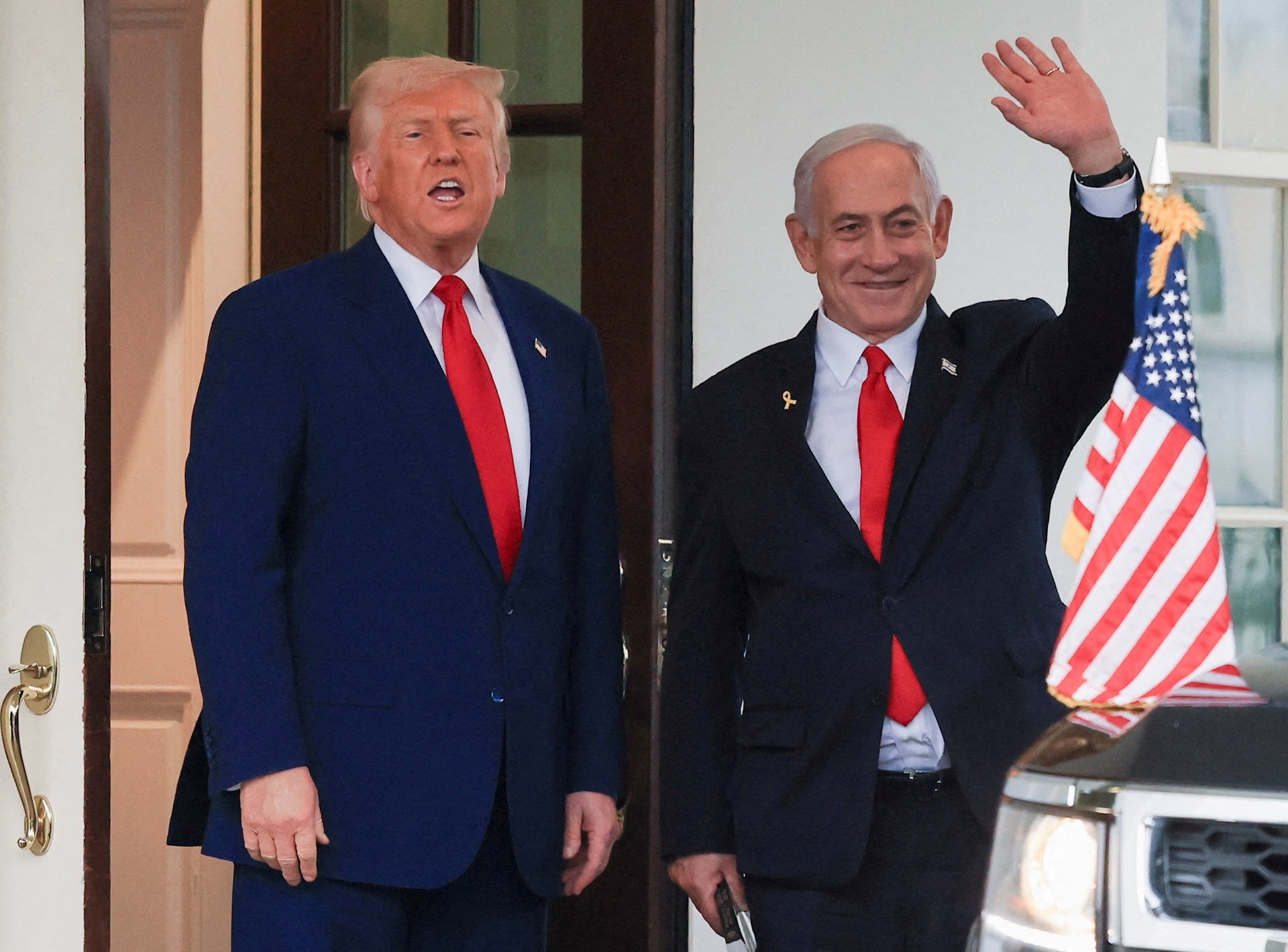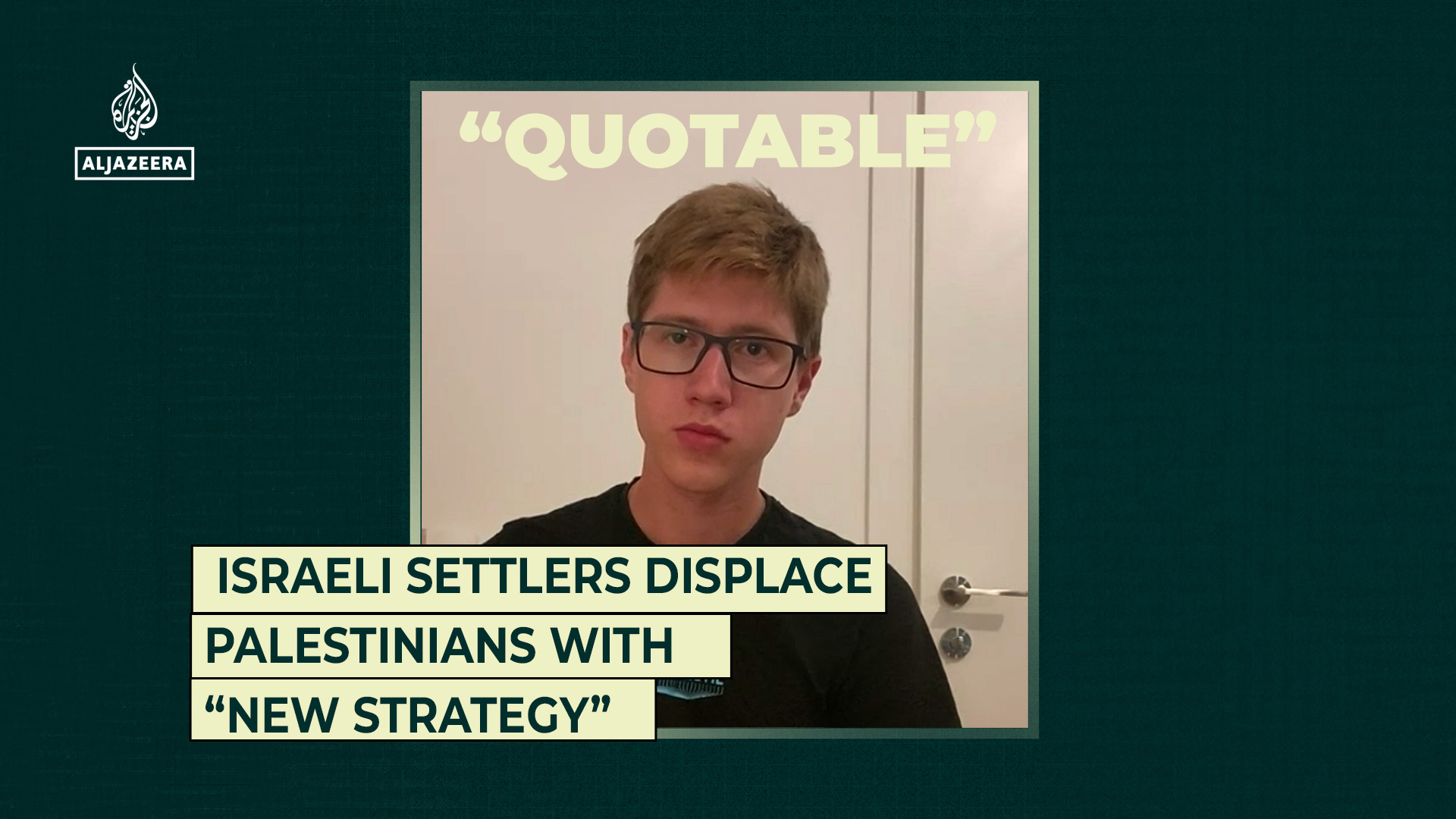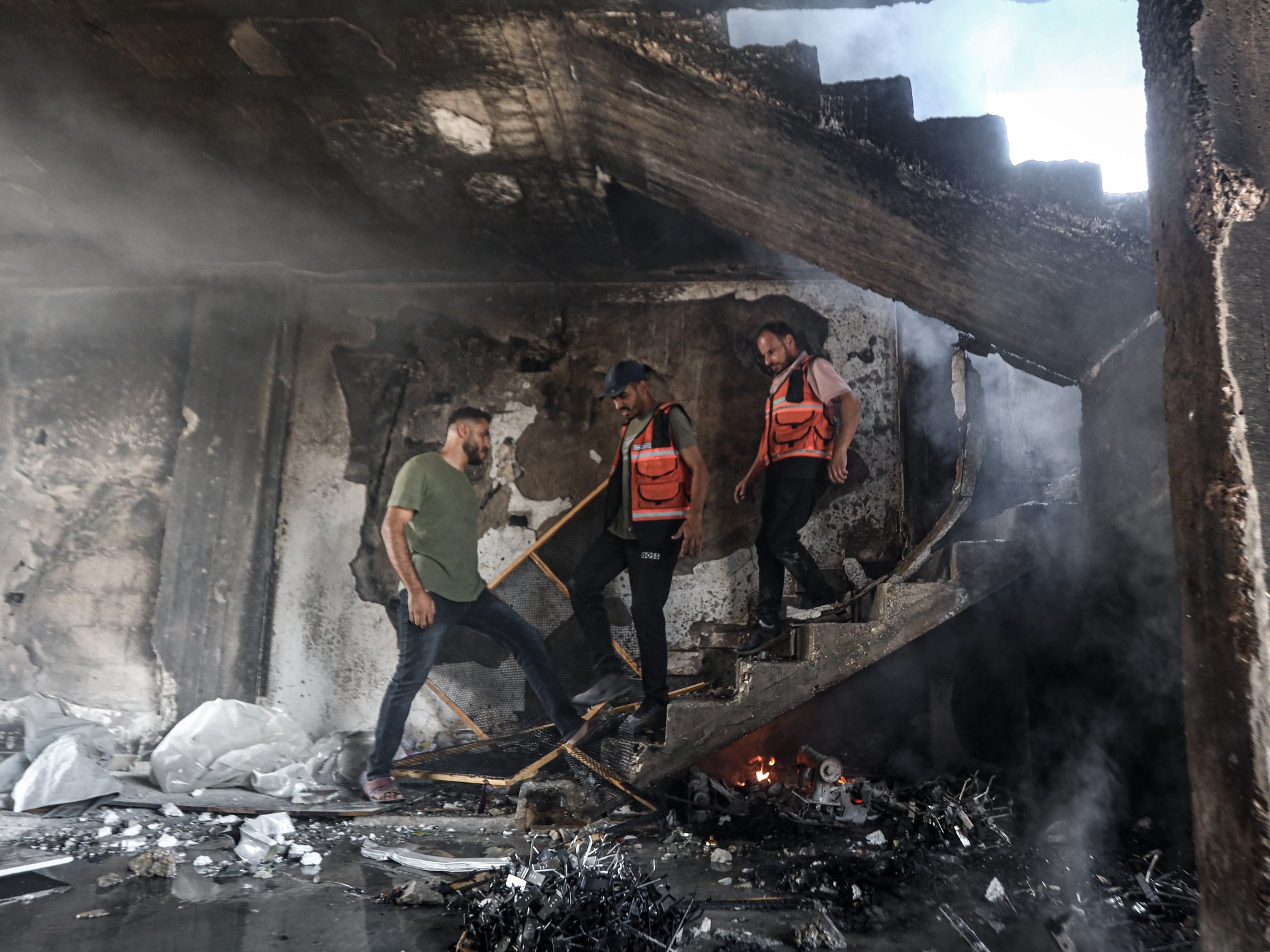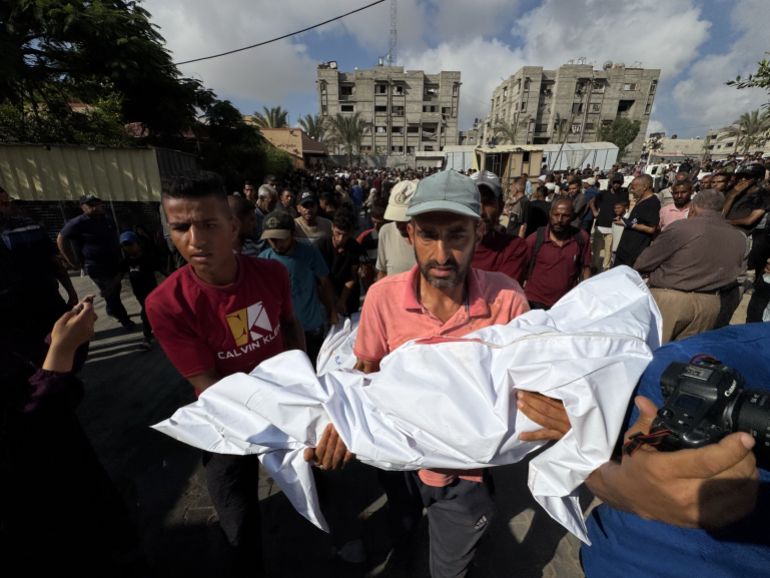Palestinians prepare to lose West Bank homes as Israel pushes for expulsion | Israel-Palestine conflict News
Israeli soldiers bound Mohamed Yousef’s hands behind his back as they dragged him to a military camp near the occupied West Bank’s Masafer Yatta, a collection of Palestinian villages in Hebron governorate, in late June.
With him were his mother, his wife and two sisters, arrested on their land for confronting armed Israeli settlers.
Settlers often graze their animals on Palestinian land to assert control, signal unrestricted access and lay the groundwork for establishing illegal outposts, cutting Palestinians off from their farms and livestock.
Yousef knew this, so he went out to defend his farm when he saw the armed settlers.
But as is often the case, it was Mohamed, a Palestinian, who was punished. At the military camp, he was left with his family in the scorching sun for hours.
While Mohamed and his family were released the next day, they fear they will not have the means to defend themselves for much longer.
“The police, the [Israeli] army and settlers often attack us all at once. What are we supposed to do?” Yousef said.
The Israeli military did not respond to Al Jazeera’s request for comment on the incident.
Useful pretext
Things might be about to get worse for Yousef and his family, who, along with about 1,200 other Palestinians, could soon be expelled from their lands.
On June 17, during the zenith of Israel’s war on Iran, the Israeli government submitted a letter, a copy of which has been seen by Al Jazeera, to the Israeli High Court of Justice that included a request by the army to demolish at least 12 villages in Masafer Yatta and expel the inhabitants.
The Israeli army argued that it has to demolish the villages to convert the area into a military “firing” or training zone, according to Palestinian and Israeli human rights groups.
However, a 2015 study by Kerem Novat, an Israeli civil society organisation, found that such justifications are a ruse to seize Palestinian land. From the time Israel occupied swaths of the West Bank in the 1967 war, it has converted about one-third of the West Bank into a “closed military zone”, according to the study.
And yet, military drills have never been carried out in 80 percent of these zones after Palestinians were dispossessed of their homes.
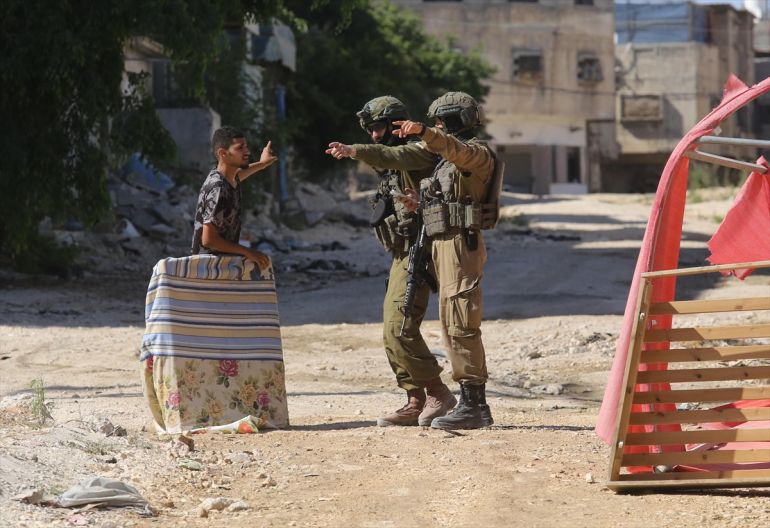
The study concluded that the military confiscates Palestinian land as a strategy to “reduce the Palestinian population’s ability to use the land and to transfer as much of it as possible to Israeli settlers”.
Yousef fears his village could suffer a similar fate following the state’s petition to the High Court.
“I have no idea what’s going to happen to us,” Mohamed told Al Jazeera. “Even if we are forced to leave, then where are we supposed to go? Where will we live?”
Rigged system
Many fear the Israeli High Court will side with the army and evict all Palestinians from “Firing Zone 918”, a battle that has been ongoing for decades.
Israeli courts have played a central role in rubber-stamping Israel’s policies in the occupied West Bank, described as apartheid by many, by approving the demolition of entire Palestinian communities, according to Amnesty International.
The communities currently at risk were first handed an eviction notice and expelled in 1999, and told that their villages had been declared a military training zone, which the army dubbed “Firing Zone 918”.
The army claimed that the herding communities living in this “zone” were not “permanent residents”, despite the communities saying they lived there long before the state of Israel was formed by ethnically cleansing Palestinians in 1948, an event known as the Nakba.
With little recourse other than navigating an unfriendly Israeli legal system to resist their dispossession, the communities and human rights lawyers representing them initiated a legal battle to stop the evictions in Israeli district courts and the High Court.
In 2000, a judge ordered the army to allow the communities to return to their villages until a final ruling was issued.
Human rights lawyers have since filed countless petitions and appeals to delay and hinder the army’s attempt to expel the villagers.
“The [Israelis]…have been trying to expel us for decades,” said 63-year-old Nidal Younis, the head of the Masafer Yatta Council.
Then, in May 2022, the High Court ordered the expulsion of eight Masafer Yatta villages. The court ruled that the inhabitants were not “permanent residents”, ignoring evidence that the defence provided.
“We brought [the court] artefacts, photo analyses and ancient tools, used by the families for decades, that were representative of permanent residence,” said Netta Amar-Shiff, one of the lawyers representing the villagers.
“But the court dismissed all the evidence we brought as irrelevant.”
Expediting demolitions
Amar-Shiff and her colleagues filed another case in early 2023 to argue that military drills must, at the very least, not result in the demolition of Palestinian villages or the expulsion of inhabitants in the area.
The legal battle, and others, is now being upended by the Israeli army and government’s request to evict and demolish all the villages in the desired military zone, said Amar-Shiff.
In an attempt to fast-track that request, the Civil Planning Bureau, an Israeli military body responsible for building permits, issued a decree on June 18 to reject all pending Palestinian building requests in “Firing Zone 918”. The United Nations and Israeli human rights groups have been notified of the new decree, although it has not been published on any government website.
Across Israel and the occupied West Bank, Palestinians and Israelis need to obtain building permits from Israeli authorities to build and live in any structure.
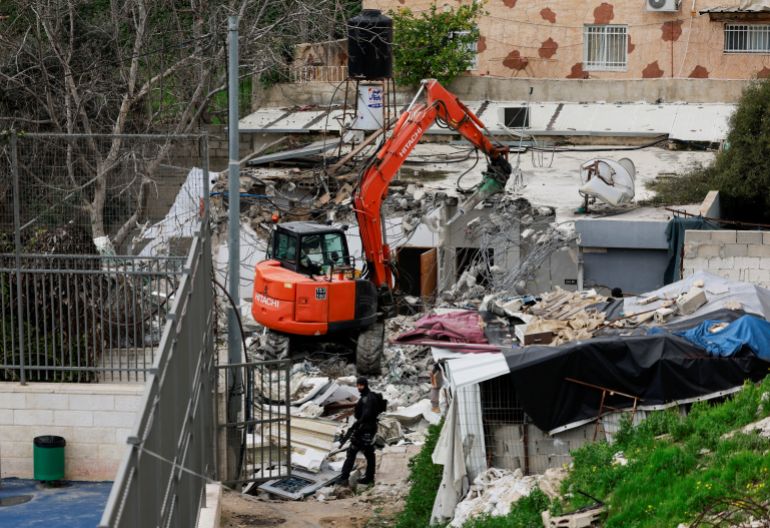
According to the Israeli human rights group Bimkom, Palestinians in Area C, the largest of three zones in the occupied West Bank that were created out of the 1993 Oslo Peace Accords, are practically always denied permits, while permits for Israeli settlers are almost always approved.
Palestinians in Masafer Yatta still submitted many building requests, hoping the administrative process would delay the demolition of their homes.
However, the Central Planning Bureau’s recent decree, issued to align with the army’s prior announcement, supersedes all these pending requests and paves the way for an outright rejection of all of them, facilitating more ethnic cleansing, according to activists, lawyers and human rights groups.
Once the decree is published, lawyers representing Palestinians from “Firing Zone 918” will have to go to the High Court for a final and definitive ruling, which is expected within a few months.
“There are many judges in the High Court who will either dismiss this case on its face or not order the army to stop demolitions until they rule,” Amar-Shiff told Al Jazeera.
Meanwhile, settlers and Israeli troops are escalating attacks against Palestinians living in the area.
Sami Hourani, a researcher from Masafer Yatta for Al-Haq, a Palestinian human rights organisation, said the Israeli army has confiscated dozens of cars since declaring its intent to ethnically cleanse the villages.
He added that the army is arresting solidarity activists trying to visit the area, as well as helping settlers to attack and expel Palestinians.
“We are in an isolation stage now,” Hourani told Al Jazeera, adding that the villages in Masafer Yatta are under siege and cut off from the outside world.
“We are expecting the army to carry out massive demolitions at any moment.”

